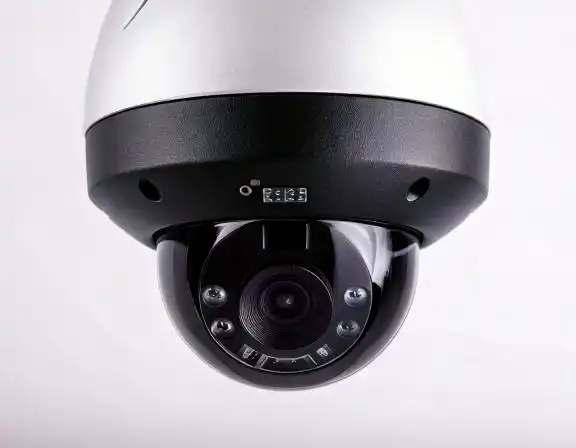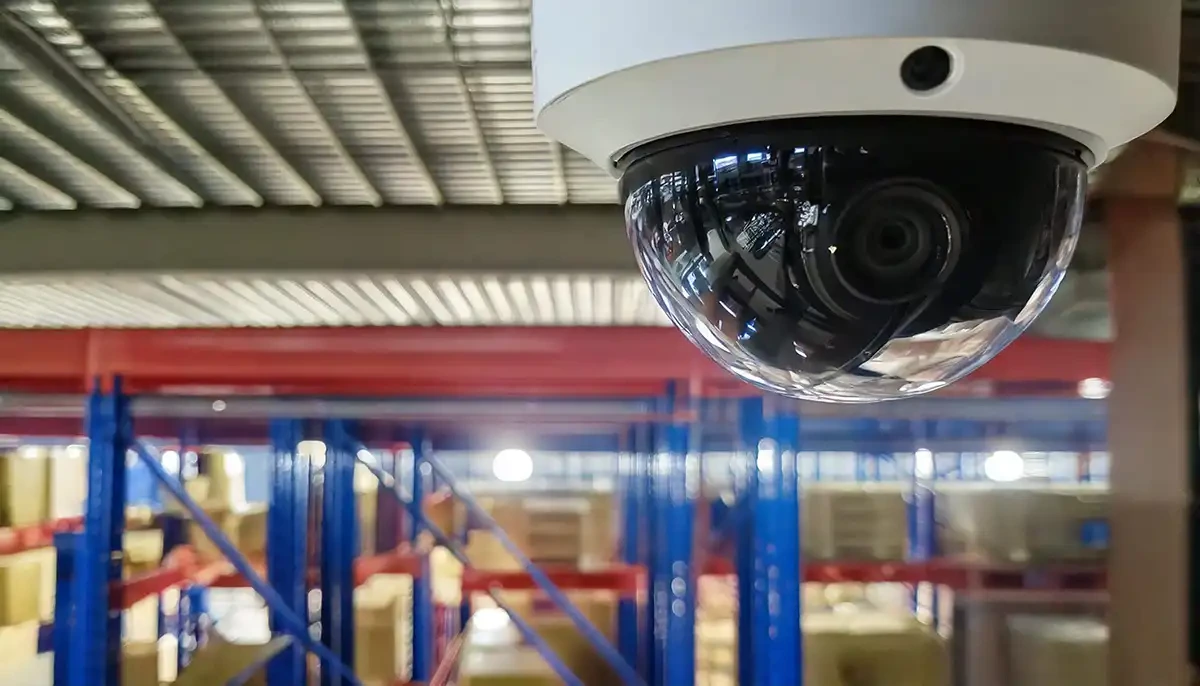UK CCTV Laws for Businesses: A Clear Guide
Navigating the legal landscape for CCTV in business can be complex, especially in the United Kingdom where the use of CCTV systems (from basic analogue CCTV to advanced IP camera systems) is strictly regulated to protect individuals’ privacy. Businesses looking to implement security cameras must be aware of a framework of laws, primarily the Data Protection Act 2018 (DPA 2018) and the UK General Data Protection Regulation (UK GDPR), to ensure their workplace monitoring practices are compliant and respect privacy regulations.
TL;DR: UK businesses using CCTV (Closed-Circuit Television) must comply with the DPA 2018 and UK GDPR. This means having a clear, legitimate reason for CCTV surveillance, informing people they are being recorded by security cameras, handling CCTV footage securaely, and respecting individuals’ data protection rights. Failure to comply can lead to significant fines from the Information Commissioner’s Office (ICO).
Key Takeaways:
- UK GDPR and DPA 2018 are the primary laws governing CCTV system use by businesses.
- A legitimate purpose for CCTV must be clearly defined (e.g., crime prevention using a surveillance camera).
- Clear signage informing people about CCTV recording is mandatory.
- Audio recording via CCTV cameras is highly intrusive and generally requires very specific justification and consent.
- CCTV footage (from a DVR or NVR video recorder) must be stored securely, retained only as long as necessary, and access must be controlled.
- Individuals have rights, including the right to access footage of themselves captured by your security camera system.
- The Information Commissioner’s Office (ICO) enforces these laws and can issue substantial fines for non-compliance.
The Legal Foundation for Business CCTV in the UK
In the UK, any business operating a CCTV system (which could be a simple CCTV kit or a complex network of IP cameras) that captures images of identifiable individuals is considered a ‘data controller’ under the UK GDPR and the Data Protection Act 2018. This means you have legal responsibilities for how you collect, use, store, and dispose of CCTV footage.
The core principles of these laws require that the processing of personal data (which includes CCTV images of people) must be:
- Lawful, fair, and transparent.
- Collected for specified, explicit, and legitimate purposes.
- Adequate, relevant, and limited to what is necessary (data minimisation for your surveillance system).
- Accurate and, where necessary, kept up to date.
- Kept in a form which permits identification for no longer than is necessary.
- Processed in a manner that ensures appropriate security.
Understanding these principles is the first step towards compliant CCTV usage.

Justifying Your Use of CCTV: Lawful Basis and Purpose
Before installing a CCTV camera, your business must identify a ‘lawful basis’ under UK GDPR for processing the personal data it will capture. For most businesses, this will typically be ‘legitimate interests’ – for example, preventing crime, ensuring health and safety, or protecting property.
You must also clearly define and document the specific purposes for which you are using CCTV. This is known as ‘purpose limitation’. You cannot simply collect footage and then decide later how you might want to use it. The purpose should be specific (e.g., “to deter theft from the shop floor” or “to ensure the safety of staff in the car park”).
Transparency: Informing People About CCTV
A fundamental requirement of UK data protection law is transparency. Businesses are generally required to notify employees, visitors, and customers about the use of surveillance cameras. This is most commonly achieved through clear and visible CCTV signage placed at entrances and prominent locations within the monitored areas. The aim is to ensure individuals are aware they are being recorded before they enter a surveilled space.
Signs should clearly state that CCTV is in operation, the purpose of the surveillance, and who is responsible for the system (the data controller’s details). Information on how individuals can obtain further details (e.g., a contact number or website for your privacy policy).
Failing to provide proper notification compliance or adhere to audio recording consent laws can result in significant legal liability.
Camera Placement: Respecting Privacy
While businesses can monitor their own premises, CCTV placement must respect individuals’ privacy. This means:
- Cameras should not be placed in areas where individuals have a high expectation of privacy, such as toilets, changing rooms, or private staff break areas (unless there’s a very strong, specific, and justifiable reason that has been assessed through a Data Protection Impact Assessment).
- Avoid capturing images of areas beyond your business premises if possible (e.g., neighbouring properties, public streets) unless absolutely necessary and justified for your stated purpose. If you do capture public areas, your responsibilities increase.
- Ensure cameras are positioned to only capture the information needed for your stated purpose (data minimisation). Avoid using a hidden camera without exceptionally strong justification.
Installing cameras in restricted surveillance areas can lead to severe consequences, including civil lawsuits, significant financial penalties, and even criminal charges. Therefore, careful consideration of camera placement is paramount.
Audio Recording: A Higher Bar
Audio recording laws are significantly more restrictive than those for video-only surveillance. There is generally a higher expectation of privacy regarding conversations.
- Businesses should generally avoid audio recording unless there is a very strong justification for a specific and limited purpose.
- If you do record audio, you must make individuals explicitly aware of this (e.g., specific signage indicating audio is being recorded).
- The lawful basis and justification for audio recording will be subject to greater scrutiny by the ICO.
Given these stringent consent requirements, businesses with CCTV systems capable of audio recording must exercise extreme caution. It’s often advisable to disable audio recording features by default or ensure explicit, documented consent is obtained if audio is deemed necessary. Violations of conversation monitoring laws can lead to substantial fines, civil damages, and even criminal penalties. Therefore, understanding and adhering to the specific audio surveillance regulations in your jurisdiction is absolutely critical.
Managing CCTV Footage: Security, Retention, and Access
Once CCTV footage (potentially digital video compressed with H.265) is recorded by your digital video recorders (DVRs) or NVRs (perhaps a 4K NVR for Hikvision 8MP cameras), you have significant responsibilities for its management. This includes how footage is stored, who can access it, and how it’s secured. Best practices recommend establishing clear policies for CCTV footage retention, typically limiting storage periods to 30-90 days unless a specific incident requires longer preservation for investigative or legal reasons.
Access to CCTV recordings should be strictly limited to authorised personnel with a legitimate need. Businesses should develop written surveillance policies that cover access protocols, retention schedules, and secure destruction methods for old footage. Furthermore, strong data security measures, such as encryption and secure storage solutions, must be implemented to protect recordings from unauthorised access, breaches, or misuse.
Employee Monitoring
If you use CCTV to monitor employees (part of CCTV systems in the UK for homes and businesses):
- Inform staff clearly about how and why they are being monitored.
- Ensure monitoring is proportionate and justified for a legitimate business purpose.
- Do not conduct covert monitoring unless in very exceptional circumstances (e.g., serious suspected criminal activity) and only after taking legal advice.
- Monitoring must not be used to unfairly discriminate or to infringe on workers’ rights, such as those related to trade union activities.
- Consider conducting a Data Protection Impact Assessment (DPIA) if the monitoring is extensive or involves new technologies.
Data Protection Impact Assessments (DPIAs)
For some CCTV installations, particularly those considered ‘high risk’ (e.g., large-scale surveillance of publicly accessible areas, use of new technologies like facial recognition, or systematic monitoring of employees), you may be required to conduct a Data Protection Impact Assessment (DPIA) before starting. A DPIA helps you identify and minimise the data protection risks of your CCTV system.
Penalties for Non-Compliance
The Information Commissioner’s Office (ICO) is the UK’s independent body set up to uphold information rights. The ICO has substantial enforcement powers and can issue substantial fines for breaches of the DPA 2018 and UK GDPR.
- Fines can be up to £17.5 million or 4% of your organisation’s total annual worldwide turnover in the preceding financial year, whichever is higher.
- The ICO can also issue warnings, reprimands, and enforcement orders requiring you to take specific actions to comply with the law.
The Future: AI, Facial Recognition, and Evolving Regulations
Surveillance technology is constantly evolving, with advancements like Artificial Intelligence (AI) and facial recognition becoming more common in CCTV systems. These technologies present new and complex privacy challenges. The current legal landscape is already facing pressure to adapt to these emerging technologies.
The ICO is actively scrutinising the use of these technologies. Businesses considering implementing AI-powered CCTV or facial recognition must ensure they have a very clear lawful basis, conduct thorough DPIAs, and are transparent about their use. The legal and ethical landscape in this area is still developing.
Staying informed about ICO guidance and any changes to UK CCTV laws and regulations is crucial for all businesses using surveillance technology.
Sources:
Security Industry Association – Workplace Privacy
Nolo – Workplace Cameras and Surveillance
SHRM – Video Surveillance in the Workplace

